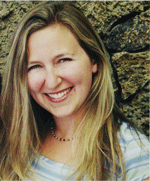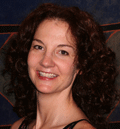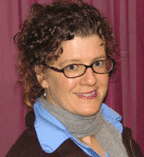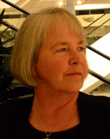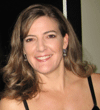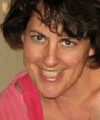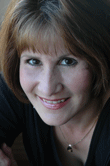Part One: Gathering Force
By Sage Cohen
What’s standing between your great idea and your best-selling book? Chances are good that the first thing on your list is: a book proposal. And I’d be willing to bet that the primary roadblock to creating that seal-the-deal proposal is fear. Or time. Or maybe you just don’t know how to begin.
In truth, the book proposal is just a slightly aggrandized, distilled-to-potency version of everything you already are and everything you already know. It’s like a panoramic resume on steroids. Doesn’t that sound fun? And the reality is that you can write a book proposal in just a month, in the margins around full-time work.
Let’s roll up our sleeves and stare down this proposal beast until it’s eating from our hands. We’re going to take the process in steps so it’s easy to follow and easy to succeed. This month, I recommend that you prepare yourself as follows:
Brainstorm to clarify your concept
To help crystallize your vision for where you and your book are headed, ask yourself:
-
- What is my book about?
- Who is it for?
- What three key things will readers learn when they read it?
- What will the book contribute to the world that doesn’t exist now?
- Why am I the ideal person to write this book?
- Why is this book especially relevant today?
Get a how-to-write-book-proposals book
My personal favorite is Nonfiction Book Proposals Anybody Can Write by Elizabeth Lyon. Whatever book you choose will become your new best friend, so make sure you find its format and language easy to follow. I recommend that you read it once now (with a pen in hand) to get a lay of the land.
Create a Dream Team
It doesn’t have to take a village to create a book proposal; you can certainly do it solo. But like all challenges in life, the more support you have, the smoother your ride will be. I recommend the following:
Focus group
Choose several friends or colleagues who are representative of your target audience and run your ideas by them! I asked my focus group to read and respond to my concept statement, book description and sample chapter. I also asked them which books on this topic they’ve already read. This gave me invaluable feedback that helped clarify my vision and improve my content.
Cheerleader
You’re going to get extremely inspired and ecstatic as you manifest your vision into a proposal. You’re also going to have moments of exhaustion and discouragement. Know to whom you can turn when you need a pick-me-up.
Editor
When you’re fifty pages deep (or even five pages deep), your eyes may start crossing. I recommend lining up an editor who is willing to read each section as it’s created. This can help you see your successes and opportunities for improvement more clearly. The ideal editor will have a fabulous command of grammar and a clear understanding of your creative vision.
Next month we’ll talk about getting familiar with the competition, creating a writing schedule, and making the best use of your how-to-write-a-proposal book. The most important thing you can do between now and then is to nourish your idea. Give it space to dream itself bigger and more complete. Talk about it. Write in your journal about it. Discover how much a part of you your topic already is, and revel in your expertise. See you next month!
Sage Cohen is the author of Writing the Life Poetic, a creative companion for poets forthcoming from Writer’s Digest Books, and the poetry collection Like the Heart, the World. Her poetry and essays appear in journals and anthologies including Oregon Literary Review, Cup of Comfort for Writers, Greater Good and VoiceCatcher. In 2006, she won first prize in the Ghost Road Press annual poetry contest. Sage holds an MA in creative writing from New York University where she was awarded a New York Times Foundation fellowship. For organizations including Writers on the Rise and Willamette Writers, Sage teaches poetry writing and publishing workshops. Visit Sage at www.sagesaidso.com.
